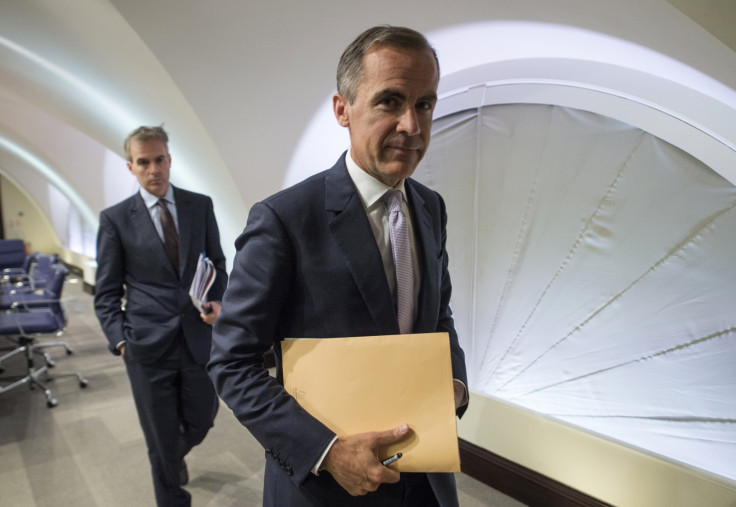UK economic growth confirmed as exports boost GDP

British Gross Domestic Product for the second quarter of 2015 has been confirmed at 0.7%, fuelled by a surge in exports, the Office for National Statistics said today (28 August).
Exports rose 3.9%, up from 0.4%, while imports were up 0.6%, leaving the UK with positive net trade.
Year-on-year, GDP growth was 2.6%, unrevised from the first estimate.
The ONS data, published in July, also showed that the production and service sectors lifted the UK economy to pre-crisis levels.
The production sector saw a 1% jump in output in the second quarter, the biggest rise since 2010, when it grew by 0.7%. Agriculture was down 0.7%, compared to a fall of 2.3% in the first quarter, and construction output saw no change.
Samuel Tombs, senior economist at Capital Economics, said: "The second estimate of UK Q2 GDP shows that the economic recovery received considerable support from net trade. Unfortunately, this support is unlikely to last."
However, he added that the strong pound and weak demand from markets that the UK depends on for exports could hamper the economic recovery.
The weak Euro, along with political turmoil in the Euro-zone as well as the financial shock from the China market, could limit trade opportunities, he said.
However, other sectors of the economy performed well, boosting market confidence.
Tombs said: "Investment rose by 0.9%, reflecting a hefty 2.9% increase in business investment, putting paid to the idea that uncertainty about the general election would weigh on capital expenditure."
Experts believe that strong GDP growth may be a precursor to an interest rate hike. The Bank of England's monetary policy committee has flagged that GDP is one of the primary indicators they will consider when deciding whether to increase in interest rates.
The committee will report its next decision on interest rates on 10 September.
© Copyright IBTimes 2025. All rights reserved.






















